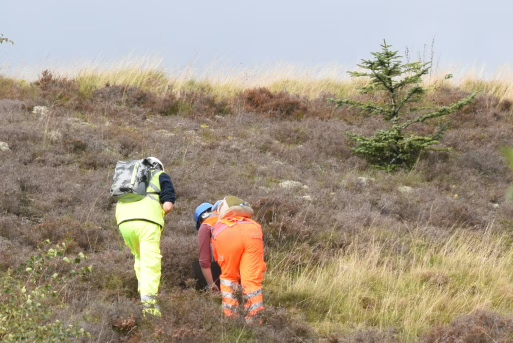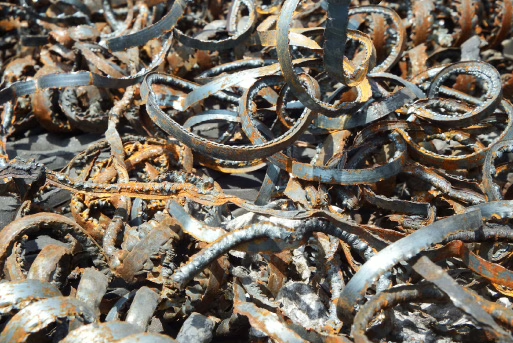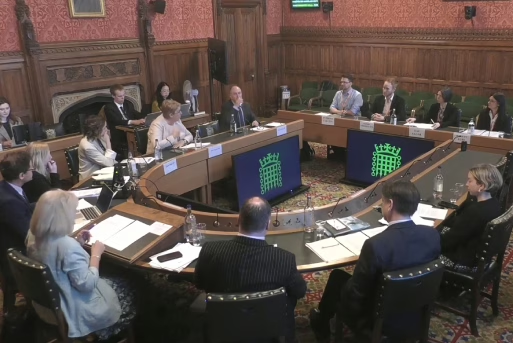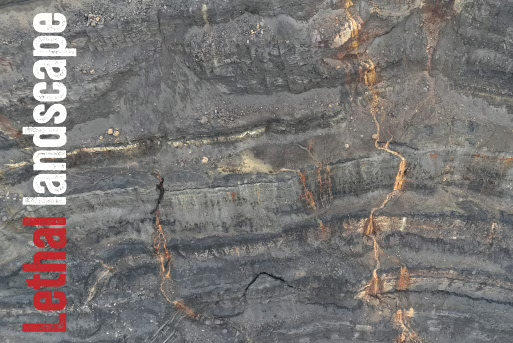
Each year, the UK government releases a Digest of UK Energy Statistics (DUKES) report. The most recent was released in July 2022, covering the year 2021.
The steady decrease of coal in recent years was not so pronounced between 2020 and 2021. There was a record low use of coal for energy generation in 2020. In 2021, coal increased slightly to provide 2.8% of UK electricity demand.
This article looks at the trends in the coal industry and unless otherwise stated, is based on DUKES 2022.
Demand
Overall energy consumption in 2021 remained low, up on 2020 levels but down 9% on 2019. Consumption of coal and coal derivatives rose by 4% during 2021. Demand for coal rose slightly in 2021, by 3% to 7.3 million tonnes compared to 2020.
Consumption of coal for electricity generation rose 14% to 2.7 million tonnes in 2021, although this was from a record low baseline in 2020. The increase was partly due to a fall in renewable electricity generation and maintenance outages in nuclear plants.
There were 3 coal powered stations operating in 2021 - Ratcliffe on Soar, West Burton, and Kilroot. Drax power station’s coal units were mothballed in March 2021, but will be on standby in winter 2022/23, more info later.
Production
Production of coal fell to another record low in 2021, down 37% from 2020 to 1.1 million tonnes. In 2021, 14% of demand for coal was met by domestic production (of which 9% came from 5 deep mines), 48% by net imports, and 38% was drawn from stocks. Opencast mine production fell 39% to a record low of 1 million tonnes due to mine closures, production restrictions due to Covid-19 and flooding. Three opencast mines were operating in 2021. Between 2011 and 2021 UK coal production has fallen by 94%.
Imports
In 2021 net imports accounted for 48% of the UK’s supply of coal. 2.4 million tonnes of coal for power stations was imported, accounting for 53% of total coal imports. Coking coal imports were up 2.6% at 2.1 million tonnes compared to 2020.
Coal imports rose 1.7% from 2021 and 2020 to 4.6 million tonnes. Four countries accounted for 85% of total coal imports: Russia (43%), the USA (24%) Australia (11%) and Venezuela (7%), with other significant coal quantities coming from the EU, Colombia and South Africa.
| Extract of Table 2.7 UK imports of coal in 2021, (thousand tonnes) | |||||
|
Steam coal |
Coking coal |
Anthracite |
Total |
||
| Russia |
1,121 |
827 |
20 |
1,968 |
|
| United States of America |
388 |
739 |
0 |
1,128 |
|
| Australia |
0 |
511 |
0 |
511 |
|
| Venezuela |
319 |
0 |
0 |
319 |
|
Stocks
Coal stocks fell to 1.7 million tonnes in 2021, which was 62% lower than in 2020, as a result of burning more coal than the UK both imported and mined domestically.
Coal available to be mined
As of June 2022, the Coal Authority estimates that, overall, there are 3,814 million tonnes of coal
resources still underground across the UK. Of the economically recoverable and minable coal resource in current operations (including those in the planning or pre-planning process), 986 million tonnes is in underground mines and 46 million tonnes in surface mines. England and Wales had an 84% share of current UK coal mines and licenced resources, followed by Scotland with 9%. There are none in Northern Ireland.
Demand for coal in 2021 was 2.8% greater than in 2021 at 7.3 million tonnes. Much of this increase was driven by the 14% rise on 2020 levels in coal-fired generation to 2.7 million tonnes, although this was from a low baseline following record periods without coal generation in Great Britain in 2020.
Industrial coal use
The iron and steel industry is one of the main non-electricity generation users of coal. Coking coal is used for coke manufacture, in blast furnaces and direct consumption. In 2021, iron and steel production used 2.6 million tonnes of coal, half of what it used in 2015. In terms of total share, it comprised 36% of UK coal consumption in 2021, up from 14% in 2015, because the whole coal market shrunk, but more rapidly coal for power stations. Total coal consumption by industry rose by 4.7%, although the transformation for coke manufacture and in blast furnaces fell by 6.3%.
Exports of coal
| Coal type | thousand tonnes |
| Steam coal | 1,018 |
| Coking coal | 4 |
| Anthracite | 107 |
| Total | 1,129 |
The UK Government’s commitment to the 2024 phase-out of coal use in energy generation is mentioned several times in the DUKES report. Ending of coal mining, imports and coal used in industry is not included in the phase-out plans.
Outside of the scope of the DUKES report is the Government’s request to Drax, Ratcliffe and West Burton power stations to extend the life of their power stations until March 2023. Drax was due to close its 2 coal units and convert the former coal power station entirely to biomass after September 2022. Under new agreements, the units would only operate if and when instructed to do so by the National Grid when electricity supply would otherwise be low.
Coal is being used as a backup due to Government concerns over gas supply and energy security, but could undermine the coal phase-out while additional contribution of greenhouse gases is a certainty, as coal produces more carbon and methane per MWh than any other fossil fuel or biomass. It is likely that more coal will have to be imported in order to be in stock to burn if the power stations are turned on. It is not clear what will then happen to these stocks if they are not needed this winter.

We’re actively setting the record straight when fake news about coal is spread through public figures, social media, or the press. The rise of populist politics and politicians tend to drive statements that are don’t entirely match the evidence, but may win them some votes…

Explore the landscape via the images below, drag around the viewpoints and go full-screen for the immersive experience. This is what the 58,000 residents of Merthyr Tydfil face every day…and with a new plan by mining company, Merthyr (South Wales) Ltd, to evade its responsibility to restore…

This information seeks to clarify which tips are included in ERI Ltd’s proposal to mine and then flatten certain coal tips in Caerphilly. The tips selected appear to be on the basis of which would be most profitable to mine of the ‘waste coal’ they contain…

The Welsh Government’s Deputy First Minister, in his response to the CCEIC’s Stage 1 Report, admits the “Bill does not prevent the extraction or burning of coal” but adds “I cannot envisage a scenario in which the extraction and burning of coal will arise as a result of the Bill”…

The direct use of coal as a feedstock (not just energy) is particularly significant in China, where coal is used extensively in coal to gasification plants to produce chemicals such as methanol, ammonia, and…

This nature was photographed around 50 metres from the edge of the Glan Lash opencast coal mine in Ammanford, South Wales. It shows the thriving ecosystems surrounding the Glan Lash opencast coal mine which has remained dormant since 2019…

In February, CAN gave oral testimony to the Climate Change, Energy, and Infrastructure Committee (CCEIC) on the Disused Mine and Quarry Tips (Wales) Bill…

Coal Action Network was invited to attend Westminster where we gave evidence to the Welsh Affairs Committee in their inquiry about the environmental and economic legacy of Wales’ industrial past, alongside Friends of the Earth Cymru. This inquiry was opened in…

16 years of opencast coal mining in Ffos-y-fran has generated colossal overburden mounds, also known as slag heaps or coal tips. There are three coal tips, with the third being the largest, and cumulatively accounting for 37 million cubic metres of colliery spoil, rocks, and soil…